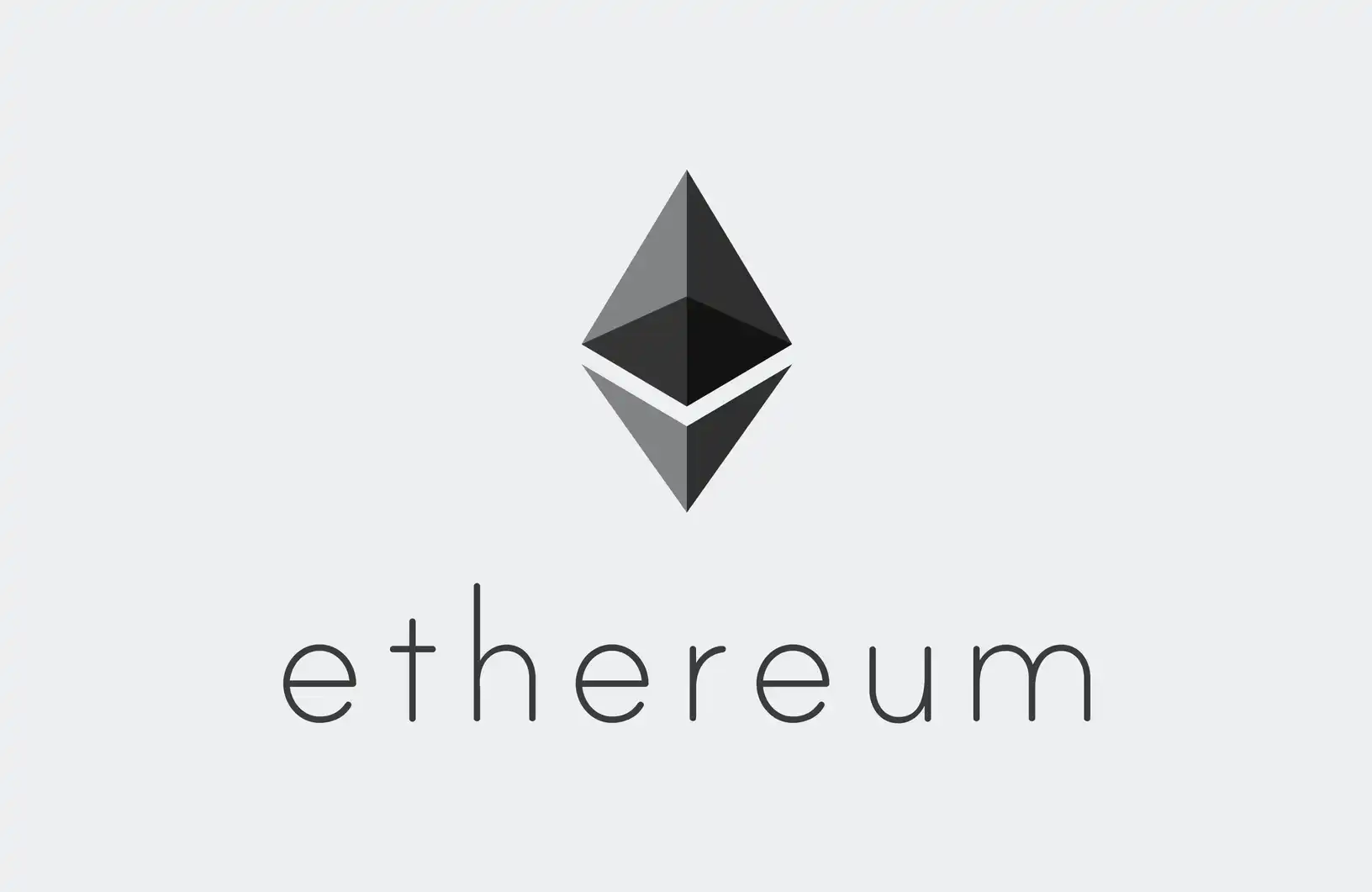Inside El Salvador’s Bitcoin banking law: loans, deposits, and what banks can now do
Pro-Bitcoin El Salvador has taken another step toward fully integrating Bitcoin into its financial system, allowing banking institutions to offer Bitcoin and other crypto services.
- El Salvador’s new Investment Banking Law enables banks to provide Bitcoin and digital asset services, including trading, custody, and issuance.
- Investment banks can also act as digital asset issuers, allowing for native token launches under regulatory oversight.
- El Salvador’s recent deal with the International Monetary Fund is casting uncertainty over the future of its Bitcoin ambitions.
According to a recent press release , El Salvador’s National Assembly has passed a new ’Investment Banking Law’ that allows for specialized firms to offer Bitcoin ( BTC ) and other digital assets as part of their core services.
What El Salvador’s Bitcoin law offers
Under the framework, select investment banks will be able to operate as official Bitcoin service providers, issuers, and digital asset managers. This greenlights services including trading, custody, and issuance of Bitcoin, under the supervision of the Central Reserve Bank (BCR) and the Superintendency of the Financial System (SSF).
The law targets “sophisticated investors,” allowing persons or companies with at least $250,000 in liquid assets to engage with Bitcoin, alongside assets including tokenized gold, and treasury bonds. Investment banking entities may also serve as digital asset issuer, suggesting that the companies in the region may launch their own native tokens or other crypro projects under the new regulatory standards.
El Salvador ’s Bitcoin banking push comes amid reports that the country is looking to establish Bitcoin-focused banks, though authorities are yet to issue official statements in this regard. The broader trend builds on its bet to solidify Bitcoin as a major party of its financial system, since adopting the asset as a legal tender in 2021.
Alongside this, the country has consistently accumulated Bitcoin over the years, following a daily purchase plan that has brought its reserves to approximately 6,246 BTC, according to data from Bitcoin Treasuries by BitBo. President Nayib Bukele has reiterated the country’s commitment to holding these reserves long term, with no plans to sell or take profits soon.
However, recent pushback from global financial authorities now appears to be slowing El Salvador’s Bitcoin ambitions and clouding its future outlook.
Questions mount over El Salvador’s Bitcoin bid
A 2024 loan agreement with the International Monetary Fund (IMF) required El Salvador to end Bitcoin’s legal tender status and stop accumulating BTC, dealing a major blow to its bet on the crypto asset.
While the country continued announcing new purchases despite the ban, a subsequent July 2025 IMF review revealed that most of those claimed purchases were likely just transfers between wallets, not actual new acquisitions.
Adding weight to the idea, local crypto activists also pointed out discrepancies between the government’s claims and its actual reserves, saying the estimated holdings aren’t backed by solid proof, despite officials’ claims that a workaround allowed technical compliance with the IMF deal while continuing accumulation.
Despite the confusion and uncertainty, El Salvador has continued to push its pro-crypto campaign. Last month, reports surfaced that the country and Pakistan established a joint agreement to advance crypto collaboration, looking to exchange expertise in a broader push to embrace digital assets.
The country also signed a memorandum of understanding with Bolivia in the same month, aimed at facilitating a mutual cooperation in crypto policy development as it
El Salvador’s latest Bitcoin banking law reinforces its long-term commitment to the crypto asset and the broader industry, and it remains to be seen if the country follows through with plans for a Bitcoin-focused bank.
Disclaimer: The content of this article solely reflects the author's opinion and does not represent the platform in any capacity. This article is not intended to serve as a reference for making investment decisions.
You may also like
Bitcoin risks return to low $80K zone next as trader says dip 'makes sense'

Bitcoin ‘risk off’ signals fire despite traders’ view that sub-$100K BTC is a discount

Bitcoin’s end-of-year run to $100K heavily depends on Fed pivot outcomes

Ethereum’s major 2025 upgrade completed: a faster and cheaper mainnet has arrived
On December 4, Ethereum's second major upgrade of the year, Fusaka (corresponding to Epoch 411392), was officially activated on the Ethereum mainnet.

